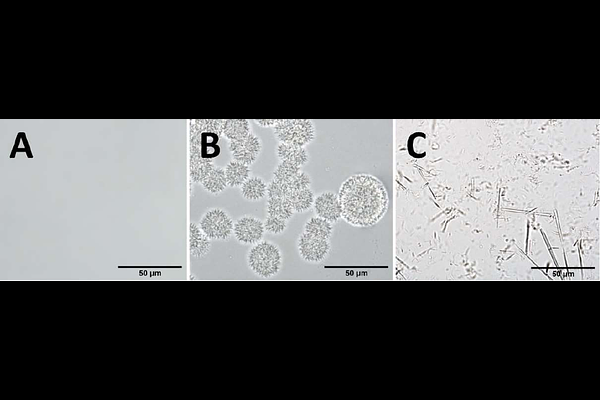Promising protocol for in vivo experiments with betulin

Promising protocol for in vivo experiments with betulin
Siman, P.; Bezrouk, A.; Ticha, A.; Kozakova, H.; Hudcovic, T.; Kucera, O.; Niang, M.
AbstractBackground/Objectives: Betulin is a promising agent in many areas of medicine and is being investigated, particularly in the field of cancer. However, in in vivo experiments, its water insolubility becomes a significant obstacle. This study describes a promising method for the administration of betulin in in vivo experiments and the determination of betulin levels in organ samples. Methods: Betulin is dissolved first in ethanol, and this solution is introduced into acylglycerols, followed by evaporation of the ethanol. Olive oil and food-grade lard were determined to be suitable lipids for noninvasive application per os. A method for processing the organs of experimental animals for betulin determination was developed. Determination in blood is also likely the only viable option to be used in future clinical studies and practice. Results: The maximum amount of betulin usable (i.e., absorbable by organisms) in olive oil (10 mg/ml), suppository mass (6 mg/ml), food lard (4 mg/ml), and cocoa butter (2 mg/ml) carriers was found microscopically. A specific distribution of betulin concentration in the organs of experimental animals (Wistar rats) after a weekly diet containing betulin was discovered. The blood was shown to be particularly advantageous, as it allows continuous monitoring of betulin levels in the body. In these pilot experiments, a statistically significant (P < 0.001) synergistic effect of betulin on solid Ehrlich adenocarcinoma tumors was observed when betulin was combined with cytostatic Namitecan (NMRI mice). The high-purity betulin used in this study is very stable even under fluctuating storage conditions. Conclusions: Our study proves that both the method of betulin administration and the proposed analytical procedure could greatly increase the reliability and reproducibility of in vivo studies and future preclinical and clinical studies on the effects of betulin and possibly other similar water-insoluble triterpenoids on living organisms.